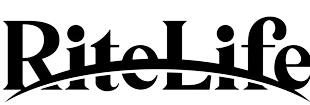Recovery Community Organization (RCO) provides support and advocacy for individuals in recovery from substance abuse, mental health issues, or other behavioral health conditions.
RCOs often provide a range of services such as peer support, education, advocacy, and networking opportunities, and may also engage in policy and systemic change efforts to improve access to care and support for individuals in recovery.
The focus of RCOs is typically on promoting recovery as a holistic, person-driven process and empowering individuals in recovery to be active participants in their own healing and growth.
RCOs can vary in size and scope, but often operate at a local or regional level and are staffed by individuals in recovery themselves, or by professionals with a strong understanding of and commitment to recovery-oriented principles and practices.
RCOs may also work in collaboration with other organizations and stakeholders, including healthcare providers, treatment centers, government agencies, and community-based organizations, to promote integrated and comprehensive care for individuals in recovery.
The goal of RCOs is to create a supportive community for individuals in recovery and to advocate for their needs and rights, promoting the idea that recovery is possible for everyone and that individuals in recovery deserve to live full, productive, and meaningful lives. RCOs may also strive to reduce stigma and discrimination related to substance abuse and mental health conditions and to increase public awareness and understanding of the recovery process.
Recovery Community Organizations (RCOs) play a critical role in supporting and advocating for individuals in recovery, promoting recovery-oriented principles and practices, and working to create a more supportive and inclusive society for people in recovery.

